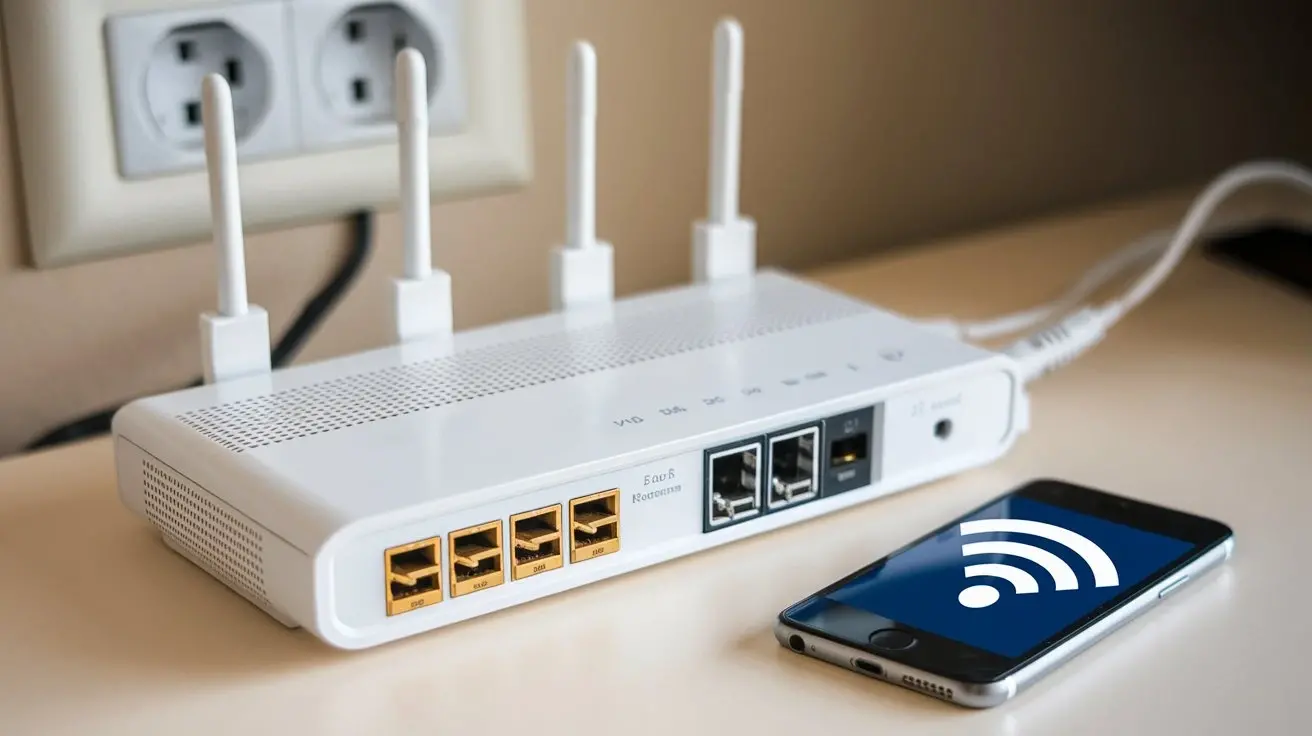
In the process of getting to know so many terms that prevail in the field of networking and the connectivity of the internet then it becomes cumbersome to understand what does what and how they all work in a network. Some of these terms include the following; gateway, modem and router and all are very crucial in determining our connection to the internet. To make a clearer distinction between them, we decided to create an extensive list that will illustrate the proper functioning of the indicated tools.
1. What is a Gateway?
A gateway is a hardware that provides the link between the LAN and the Internet. Often it works by linking your network with some other service provider’s network, by enabling communication between your two networks. The gateway is often a combination of two other devices in a single unit: the modem and the router.
- Modem: This device encodes and decodes both the signals to facilitate the connection between the local area network and the ISP. In other words, it converts the data that flows through phone lines or cables into a form that the computer understands.
- Router: A router guides data traffic flow between the internal network and the whole online network. It controls and regulates the exchange of information and develops a communication system that will host all the instruments.
2. What is a Modem?
As we earlier saw, the modem is a device that provides the interface between the ISP and your computer and transmits the signal in a form that can be understood by the computer. The term "modem" is derived from the combination of two words: "modulate" and "demodulate."
Different available models are dial-up, cable, and DSL modem and these operate through some sort of connection for instance telephone lines, coaxial cables or fiber optic cables. On the other hand, seeing that they are connected to the modem, they are mostly given to you by your Internet services provider and are a necessity if you want to have any sort of connection to the internet in the first place.
3. What is a Router?
A router is a device used for controlling and forwarding information traffic in a network. It works by employing network interfaces to guarantee that the packet is forwarded to correctly authorized users. Routers are either wired or wireless and can be small devices that you plug into a wall outlet or larger devices that can cover large complexes.
The main functions of a router are:
- Network Security: Routers also can make new networks by laying down firewalls and incorporating the use of encryption to shield your information from different intruders.
- Network Segmentation: Subnetting also provides a router with the ability to shape a single network into many sub-networks that are secure and orderly.
- Traffic Management: Routers schedule and regulate getting the data around, making all the devices that are connected to the router have adequate bandwidth with no interference from other devices.
- Wireless Connectivity: Wireless capability is present in many routers whereby devices can connect to the network without using cables.
4. Gateway, Modem, and Router: This paper aims to identify the nature and extent of the parent-child relationship as well as to analyze its multiple dimensions.
The terms gateway, modem and router are used interchangeably but each node has a different role in your internet connection. At times, the modem behaves as a separate unit while the router acts as a separate entity, but most often and for simplicity, the modem and router are found as a single device known as a gateway, which not only provides the link to the internet but also regulates traffic in the network.
A normal configuration is to have a modem from your ISP and then there is a Gateway or a modem router combo. It then performs signal conversion as well as data flow for you consequently giving you a perfect internet connection.
5. When to Use Separate Devices
At times it is possible to decide to use different modem and router devices as opposed to using a gateway device. Among them, probably the most widespread is the need to improve the network adapter or enhance the Internet connection speed.
- Separate Modem: If you get a modem from your ISP, you may wish to invest in your modem to have the newest models and likely get a newer modem to include the new features, and to avoid paying monthly modem rental charges.
- Separate Router: If you want something better than what your ISP offers you, including better ranges, additional secure features or configuration you can buy a good quality router of your own choice.
Conclusion
Differentiating between a gateway, modem, and router is important for anyone, who intends to set up the best approach to their Internet connection and the subsequent network. People have different interactions with the devices they own and thus knowing how each device works will allow you to have proper network connectivity and also have the best experience with the internet. Thus, explore more about networking and have a much better, quicker, and more secure browsing experience.






